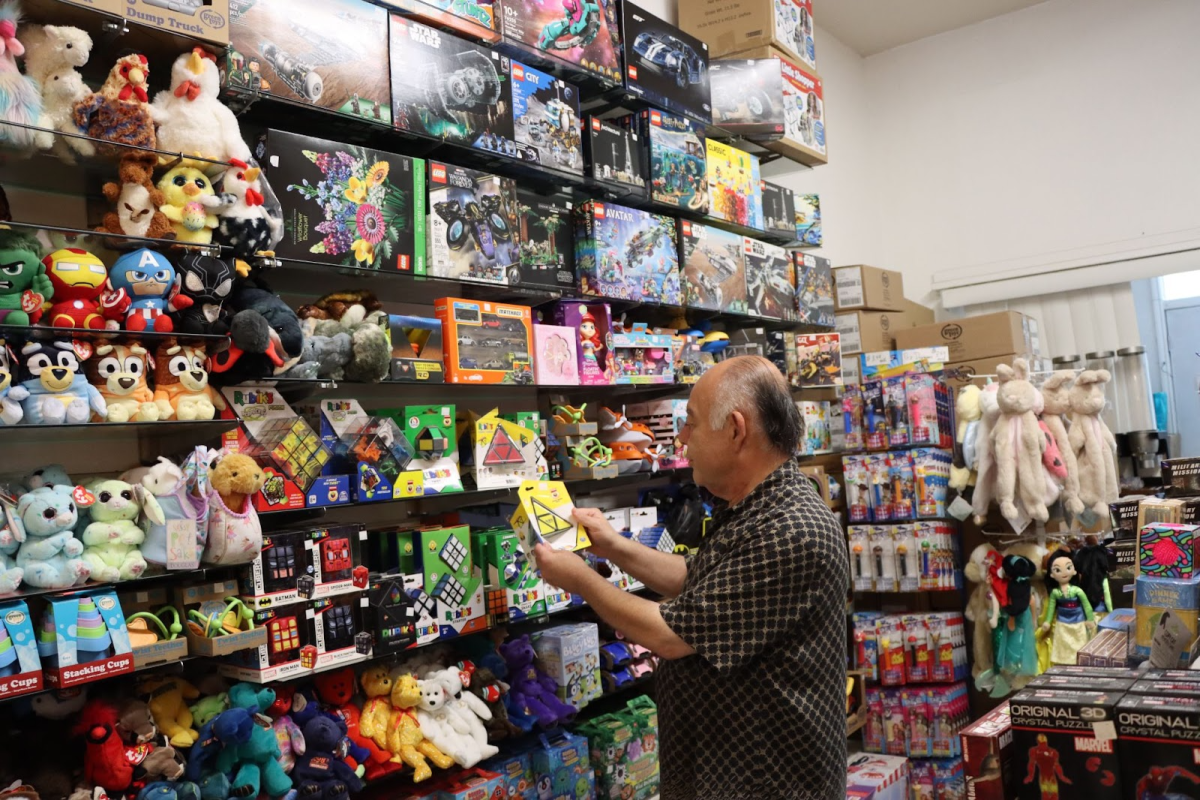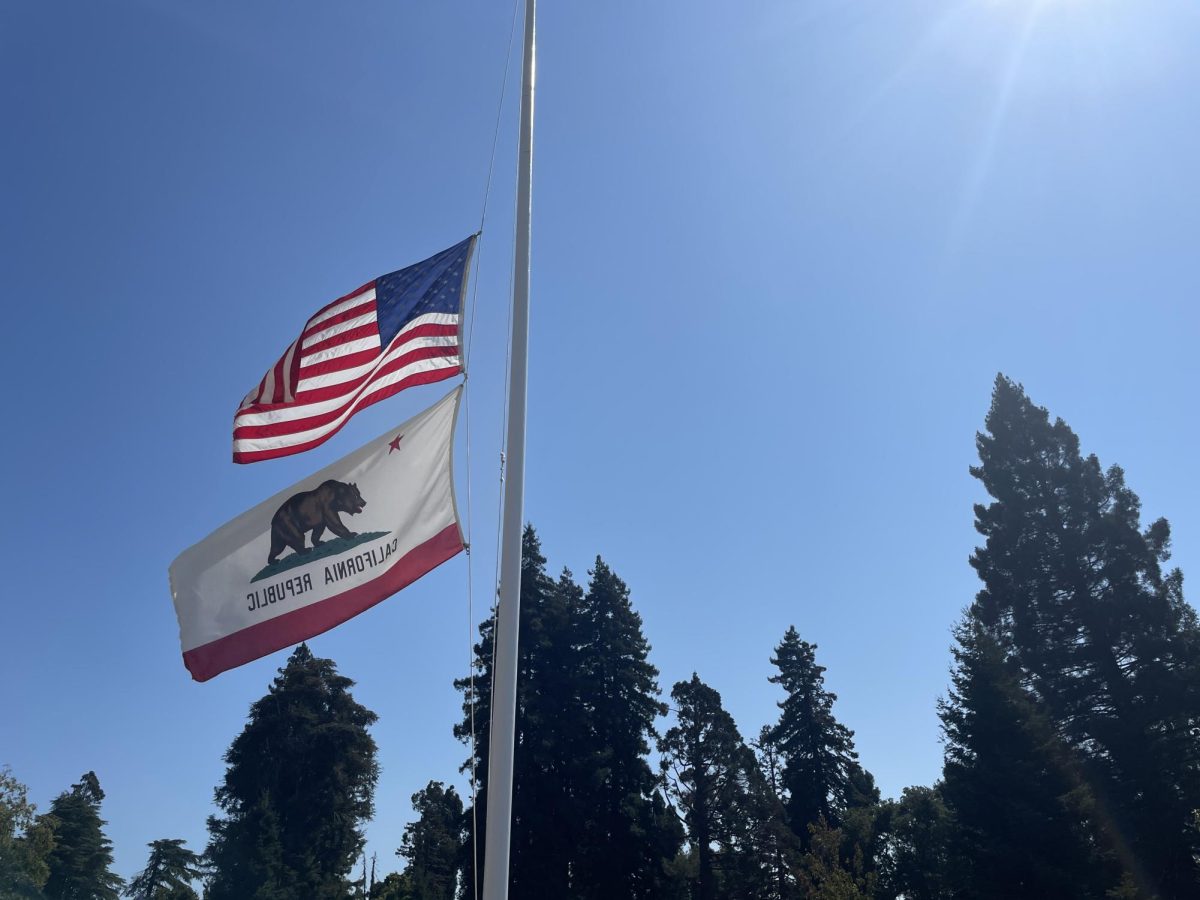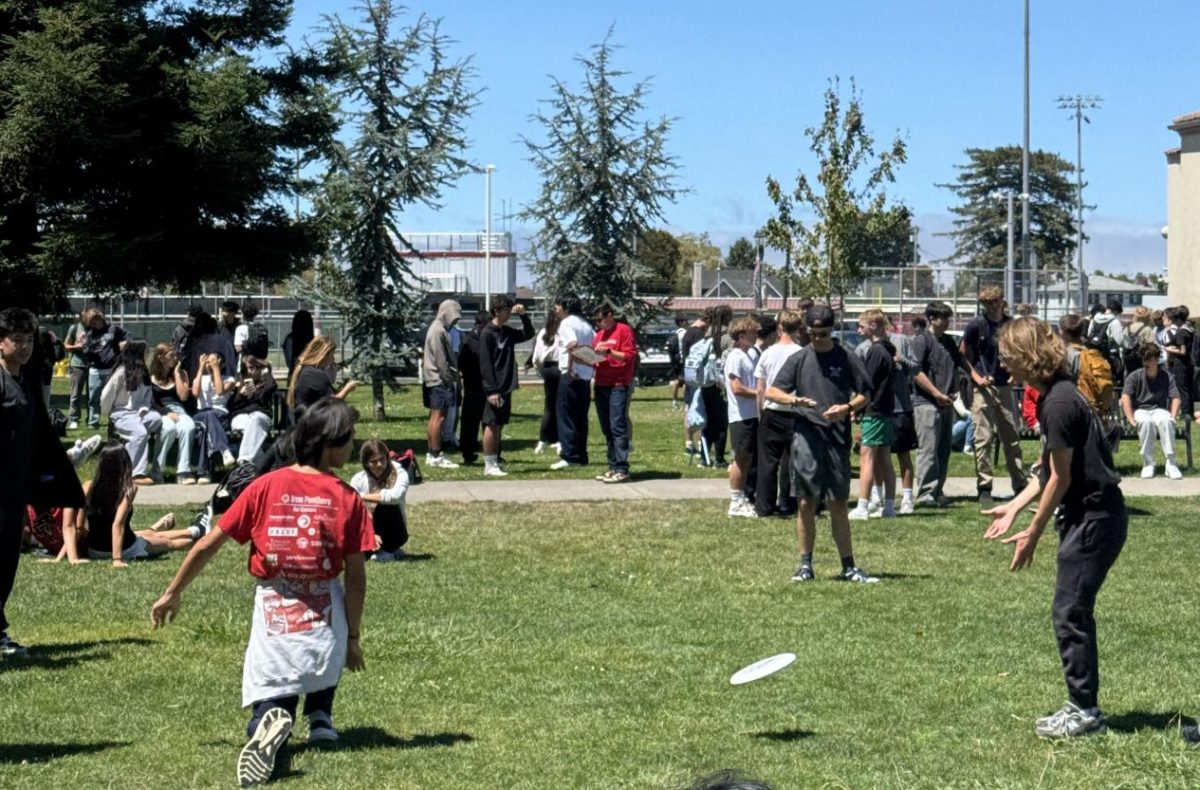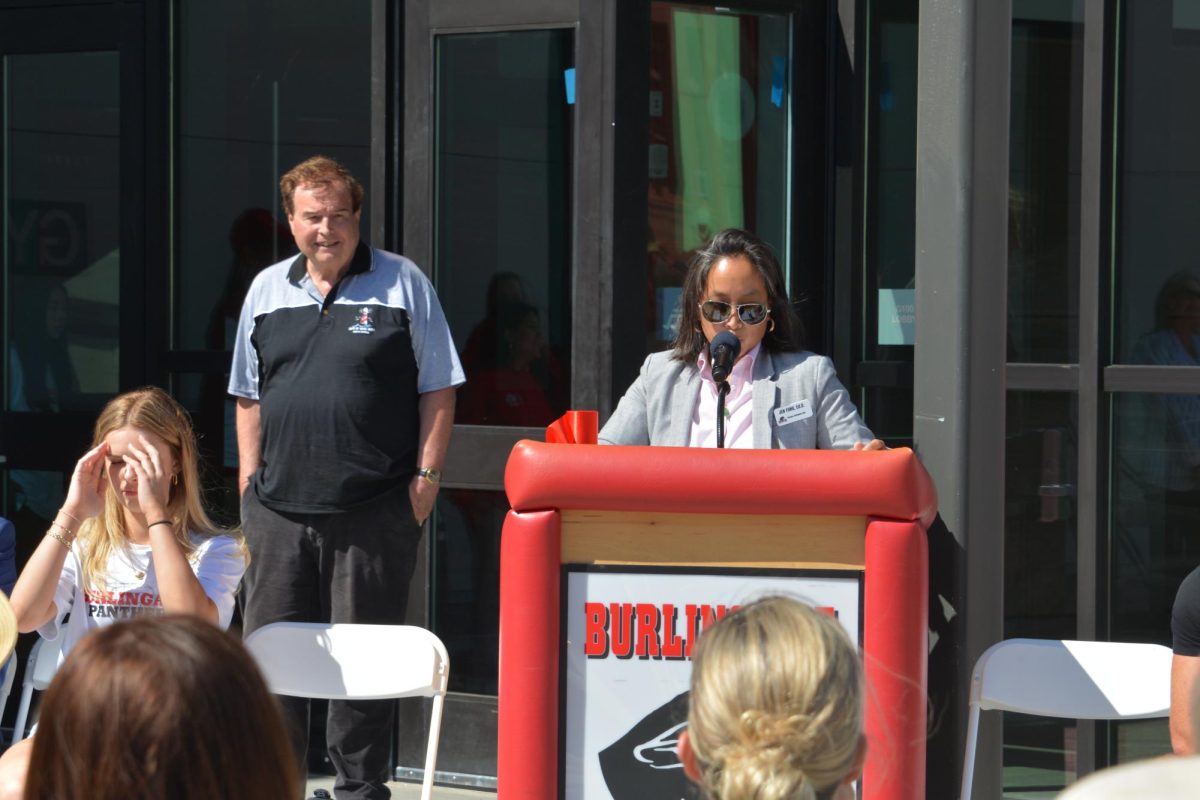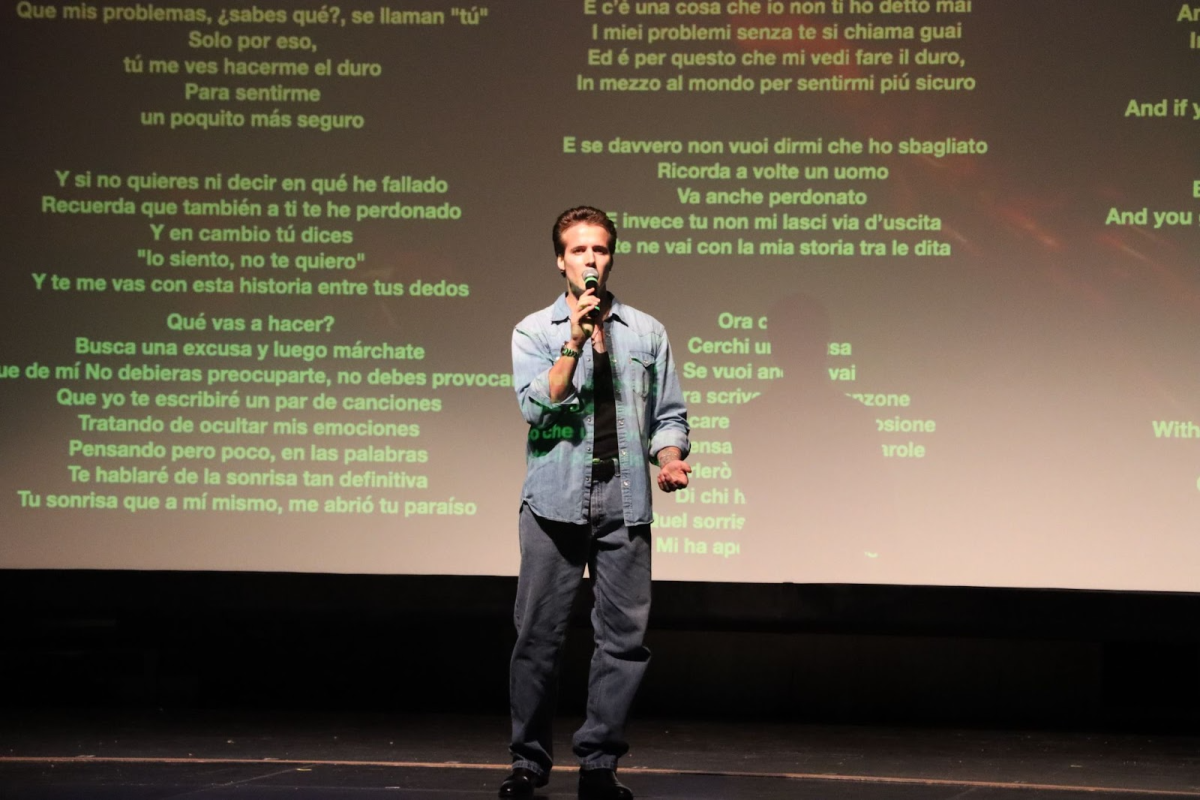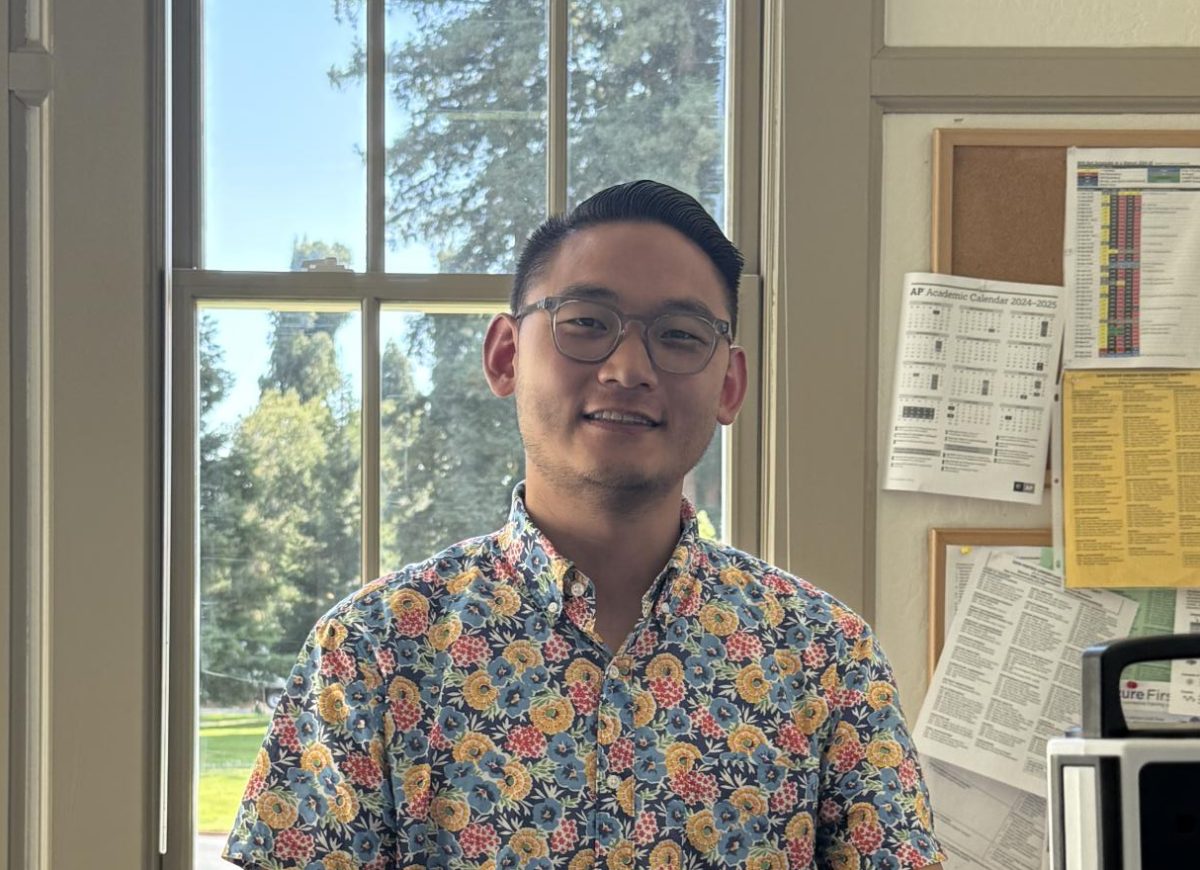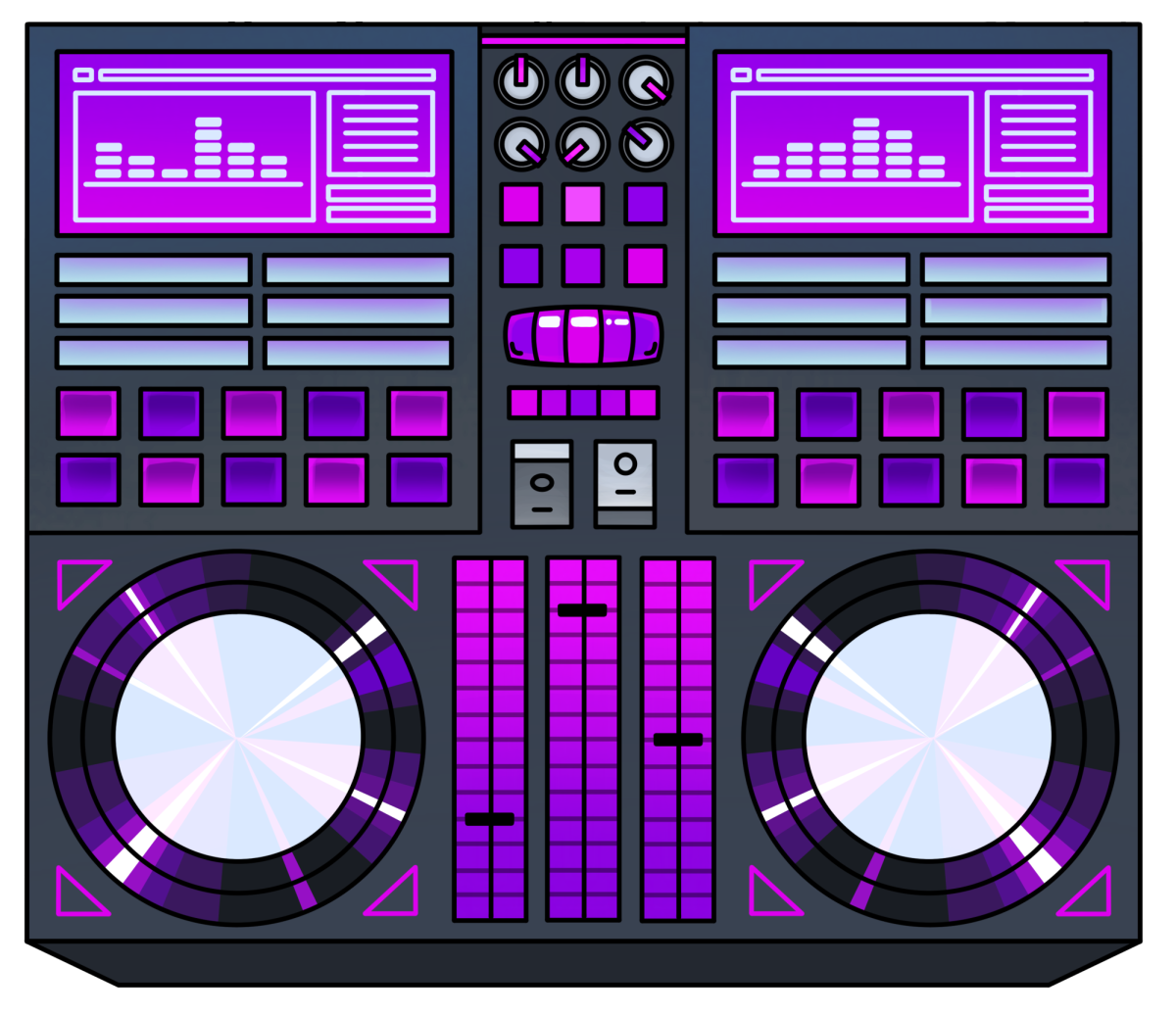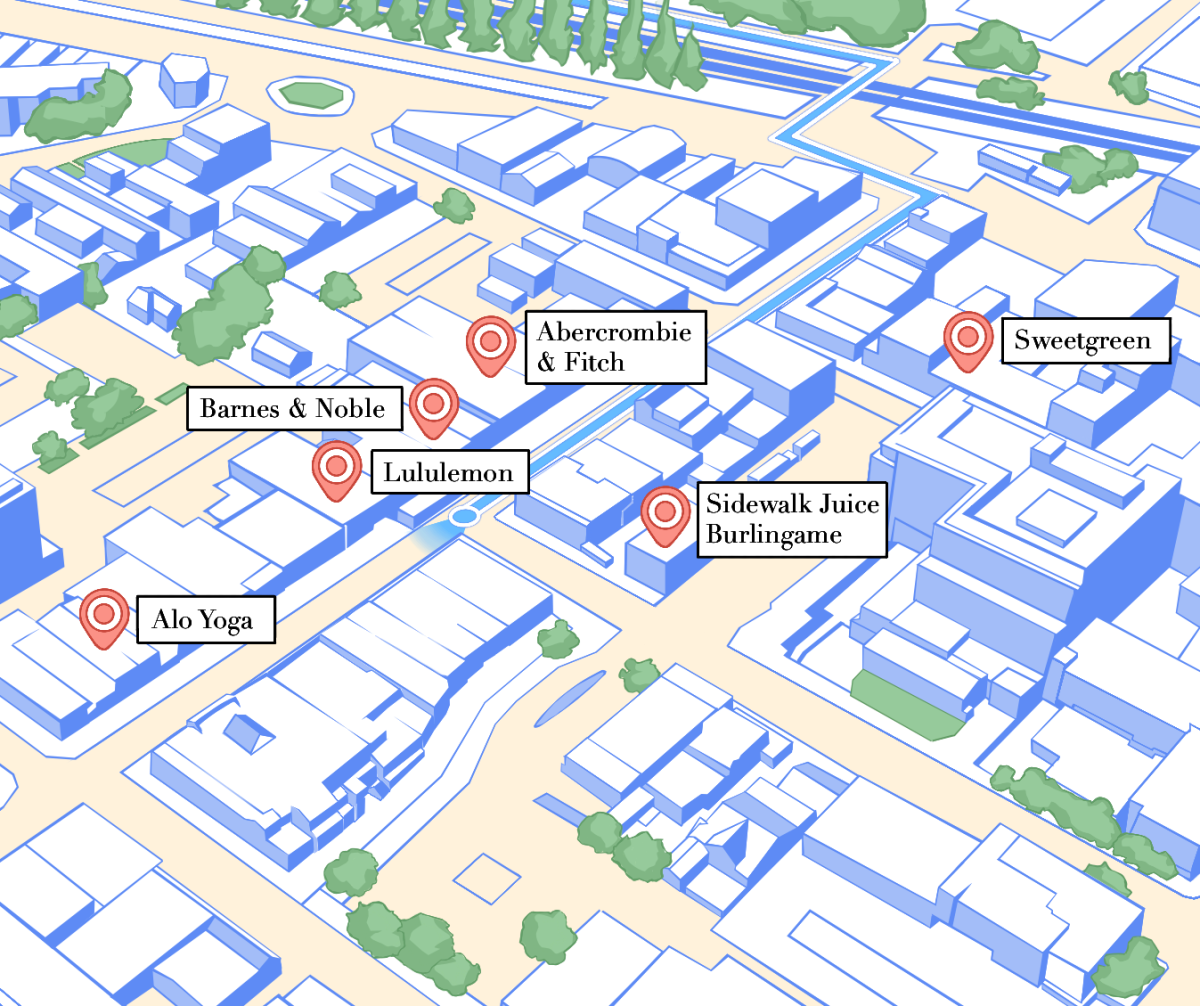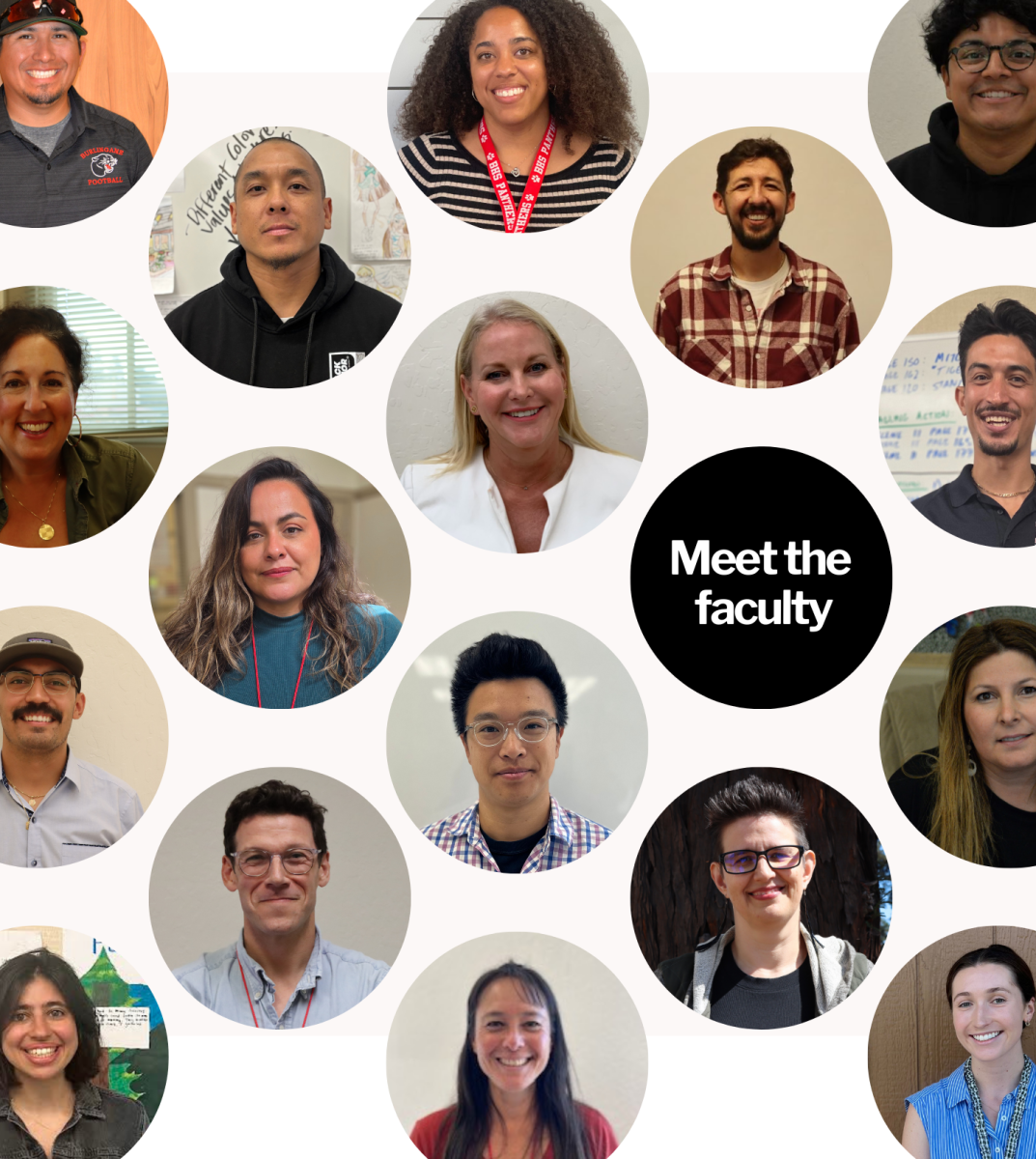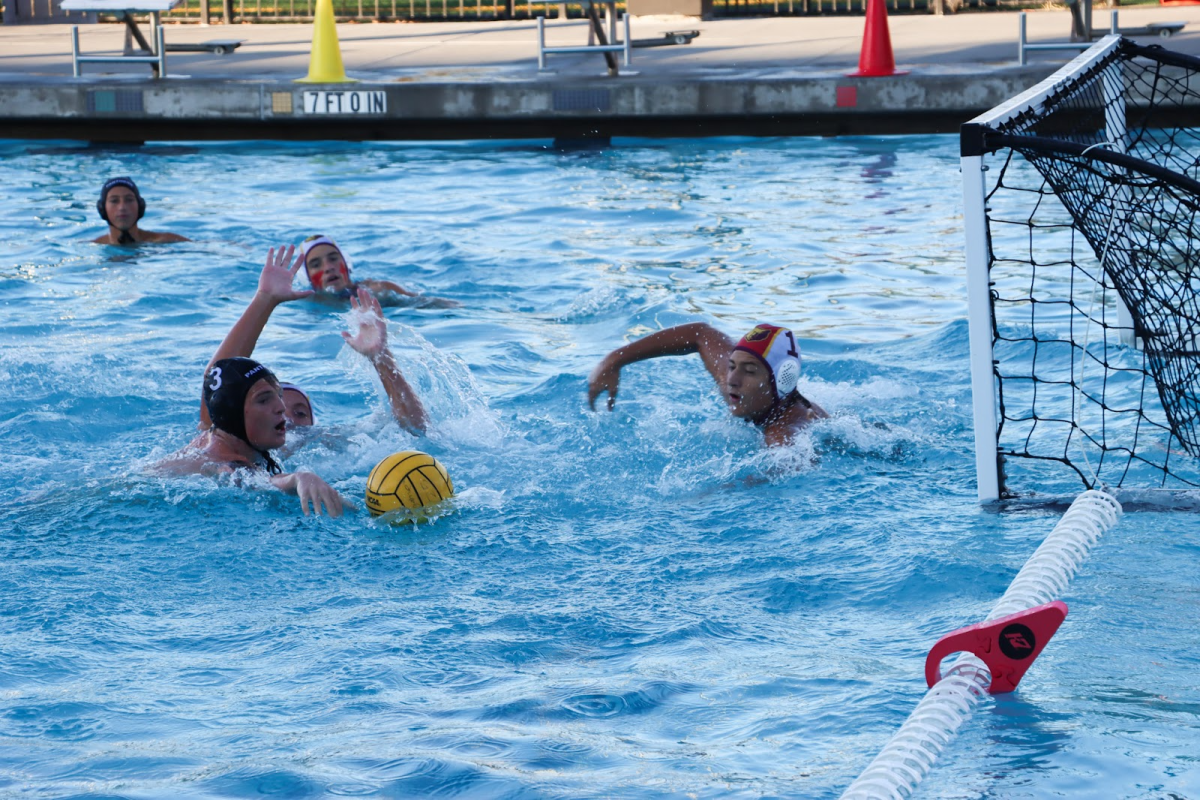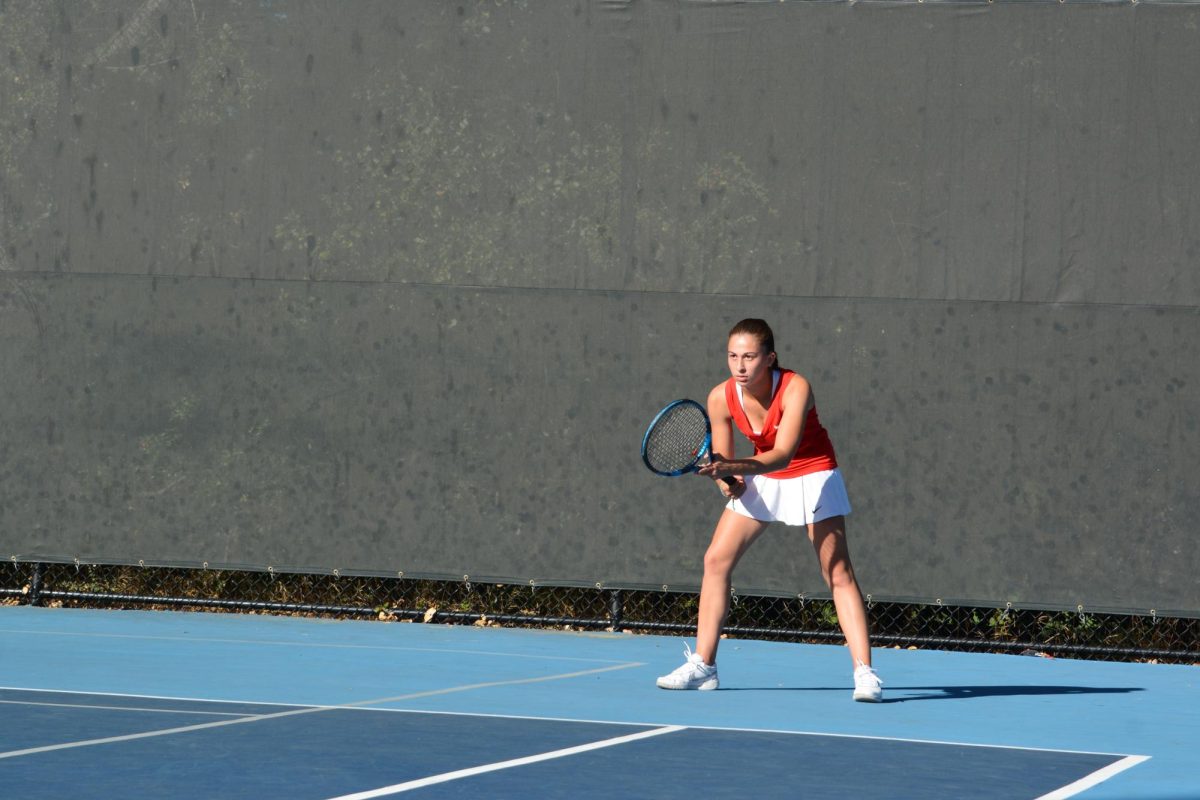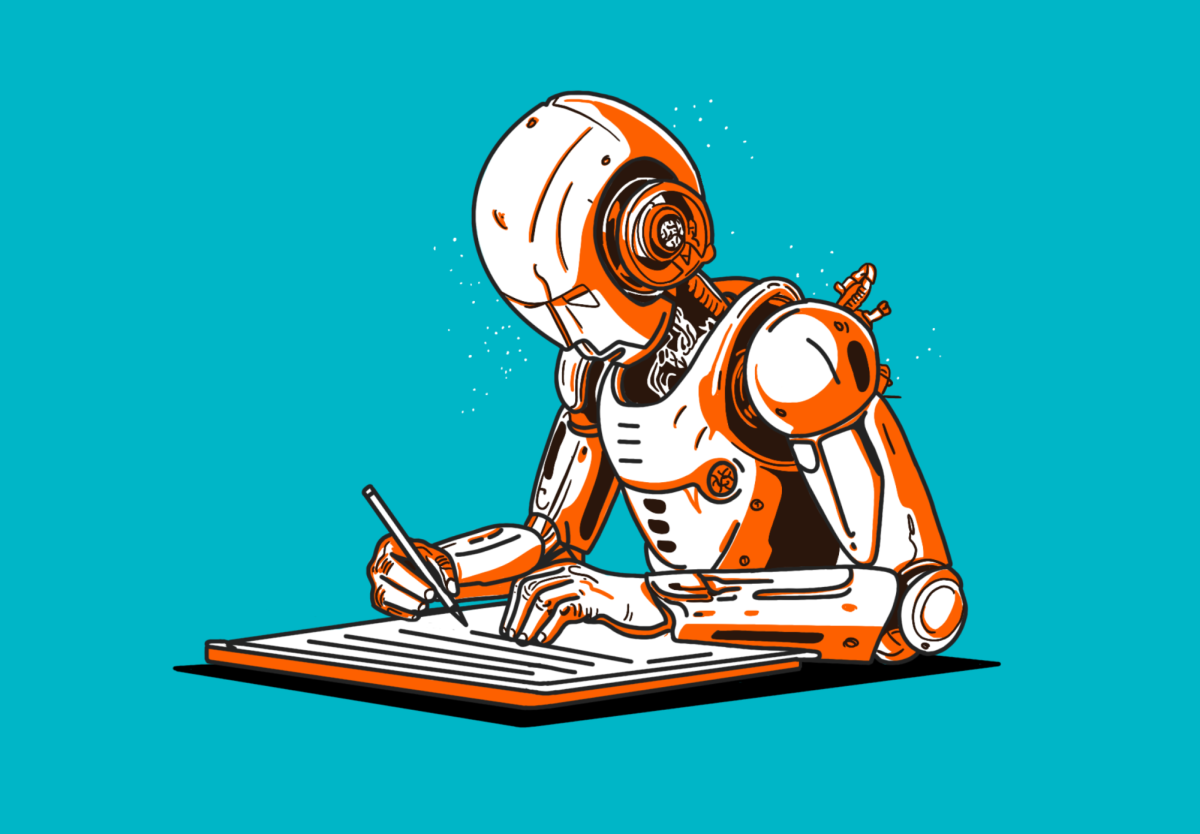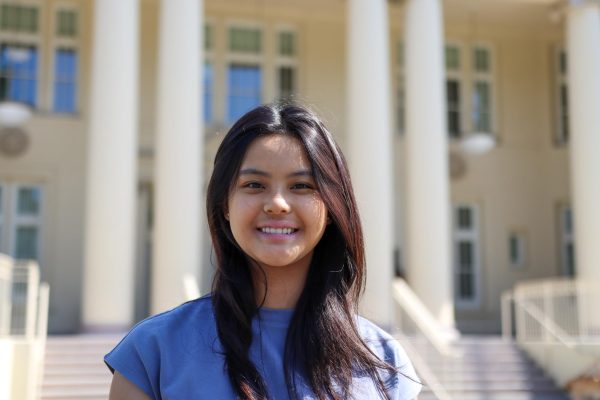Less than a year after the release of ChatGPT, the chatbot software that has since become ubiquitous with the use of artificial intelligence for academic dishonesty, sophomore Serena Koopmans took the initiative to form Burlingame’s first club centered around Artificial Intelligence (AI).
Koopmans started the club to connect the student body with artificial intelligence technology by exploring the ways AI can be applied to everyday situations, while also discussing the ethics that come with applying it. As the use of AI is becoming increasingly prevalent, often in conversation with academic dishonesty, understanding how it can be utilized appropriately is crucial to the abrupt technological shift.
“In the future, we’re all going to be even more exposed to [AI] than we are now through jobs, through education, and so [our club is] about exposing students to it now so that we’re prepared for the future,” Koopmans said.
The club’s discussions about artificial intelligence aim to destigmatize the use of AI in academic settings and steer students away from “nightmare scenarios” portrayed by the media.
“There’s this misperception that something like “Terminator” or “WALL-E” is going to happen and people are going to be replaced by machines and machines are going to start a nuclear war— but that’s not really going to happen. Looking at the technology, it can generate songs, it can create articles, and while it can have negative repercussions it’s all about how we use artificial intelligence technology safely,” Koopmans said.
To further gauge the school’s perception and awareness of artificial intelligence, the AI club sent out anonymous surveys to both teachers and students to compare each group’s views towards artificial intelligence.
“[Taking into account] not just the differing opinions within the staff, but also taking into account what the student opinions are, collecting the data is going to really highlight the kind of issues that will be coming up in the future when [AI] becomes bigger and bigger,” chemistry teacher and AI club advisor Michael Wu said.
Some teachers felt that artificial intelligence could benefit students as tutoring resources. However, other teachers felt that an overreliance on artificial intelligence could lead to a loss of critical and individual thought.
“The ability to think in complex ways is the one characteristic that differentiates humans from everything else in the universe. We probably shouldn’t completely surrender that defining characteristic by off-shoring all of our intellectual work to AI,” one of the surveyed teachers said in response to a question about their overall thoughts on artificial intelligence.
Student responses were equally nuanced, acknowledging that AI technology could benefit students by teaching concepts in personalized ways that may be easier for them to understand, but also that AI could also encourage unethical behavior and eventually lead to overreliance.
The majority of teachers agreed that students should be able to use ChatGPT and other artificial intelligence software to aid in their brainstorming as an immediate form of feedback they could not otherwise get from the instructor, specifically on topics they may be confused about.
However, half of the teacher responses agreed that there should be a zero-tolerance policy for using AI bots for school work and that those who violate the policy should be given detention. Some teachers chose suspension and expulsion as an appropriate punishment. In comparison, only a minority of students believed that there should be a zero-tolerance policy.
“The goal is to have increasingly serious consequences to dissuade violating integrity policies. Some students might see detention as a sacrifice worth making for the sake of their grade,” a teacher’s response said on the topic of punishment for using AI.
Using the information and opinions gathered from staff and students, the AI club plans to develop separate resources curated to the two demographics. The club is currently putting together a slide deck resource for teachers on how artificial intelligence technology can be utilized in instruction and make teaching more efficient. For students, the club is creating a workshop on how to use AI to enhance learning rather than replace it, which they hope to implement sometime in the spring semester.
“Teaching students how to use it instead of outright banning it will help prepare students for the future,” Koopmans said. “I want more people to learn about this technology and understand it and not use it as a crutch but as a resource.”


